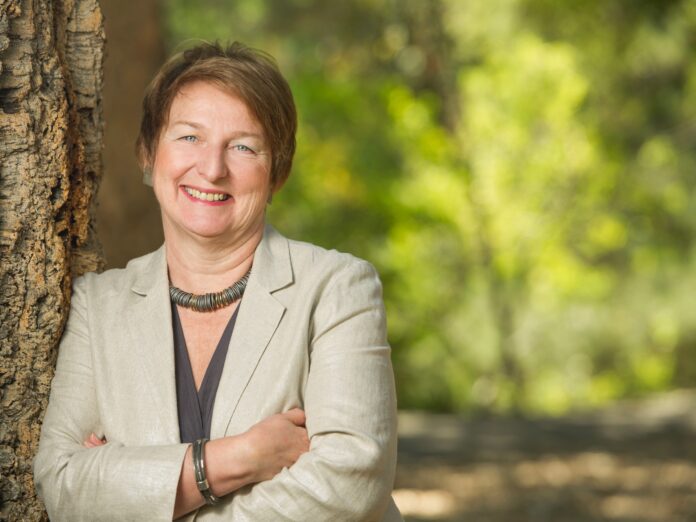The academy is composed of 23 members representing different global perspectives and aims to promote equity and global learning initiatives across universities
On March 12, the National Academy for International Education was launched. The Academy includes Joanna Regulska, the UC Davis vice provost and dean of Global Affairs. Regulska has been advocating for global learning at UC Davis since September 2013.
“Over the last six years we have been involved in numerous globally engaging projects, collaborative research and [we have] developed a whole new approach to thinking about how we can engage students in global learning,” Regulska said. “Global learning can take place internationally but also domestically through internships, through living and learning communities, through research, through project-based activities [and by] taking courses.”
Regulska emphasized that while global learning can take place through studying abroad, this option is not always feasible for every student. She said she strives to promote equity by implementing and brainstorming programs that are accessible to all students. One such global education program is the National Academy for International Education.
“This is a very collective project across the campus with numerous units and a wide range of classes,” Regulska said. “We have colleges working with us, students, the library, academic colleagues and student affairs. The beauty of this initiative is that it is so comprehensive in bringing the campus together.”
About two years ago, Regulska received an award from the Institute of International Education (IIE) for senior international officers.
“One thing led to another and then, subsequently, I and a group of people were asked by IIE to think about creating an academy,” Regulska said. “[As] founding members we thought about the academic issues at play: What [should the academy] look like? What should it be?”
The founding members then invited other leaders of international education to the academy to form the 23 members that it is composed of today. These members represent countries from all over the world, with members from the U.S., Australia, Canada, China, Japan, Taiwan and Ghana, according to Regulska.
“We are working together in different working groups to look at different issues, to look at equity, to look at collaboration, to look at partnerships,” said Dawn Whitehead, an academy member as well as the vice president of the Office of Global Citizenship for Campus Communities and Careers at the Association of American Colleges and Universities. “People in the field are coming together to talk about these issues and think about what we should write. What is it we should put out? How do we use our collective networks to leverage the importance of thinking about equity when talking about international education?”
The academy will be producing work toward advancing international education through publications, research briefs and papers, according to Whitehead.
“The academy is a space to think about what is it we should be doing to make sure that the students, one, are welcomed and, two, [are] safe,” Whitehead said. “How can we create an environment or work with our colleagues to have these discussions about the realities on the ground?”
The academy will be working in collaboration with universities and governmental agencies to look at inequities among students to ensure that college campuses are welcoming and safe spaces for all students, according to Whitehead.
“[The academy has an] underlying and cross-cutting commitment to equity, to collaboration, to really pushing the boundaries of knowledge [and] to pushing the boundaries of the field of international education,” Regulska said. “I think these days we need to think out of the box, we need to think into the future, we need to think about how we will advance international higher education that actually addresses these global challenges.”
The theme for the initial period of the academy is to reduce inequalities in international education and design projects and initiatives in accordance with this theme. Later themes will include topics such as global learning and technology, according to Regulska.
“The whole idea is to create a peaceful, sustainable, equitable world,” Regulska said. “As members, [we] are responsible for providing and working with the next generation of leaders.”
Involving leaders from diverse cultural backgrounds and academic disciplines will allow the academy to act as a think tank for brainstorming new ways to increase global learning initiatives.
“The National Academy for International Education provides a critical space for some of the most accomplished international education professionals to work together on pressing issues for our field,” said Allan Goodman, the IIE president and chief executive officer.
Written by: Maddie Duley — campus@theaggie.org




